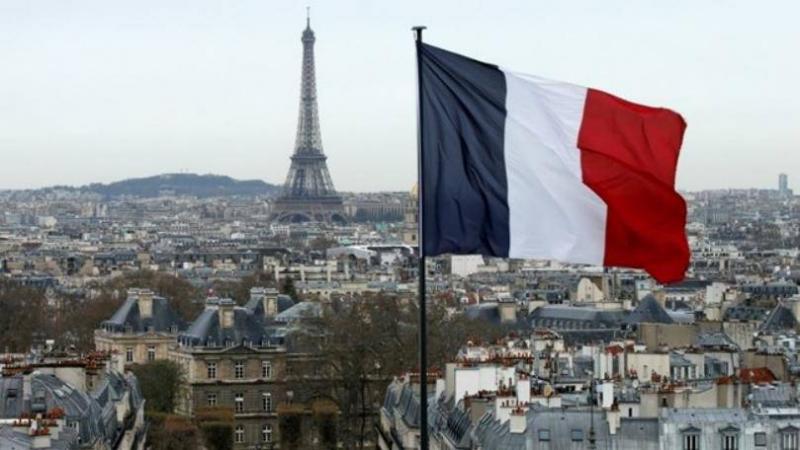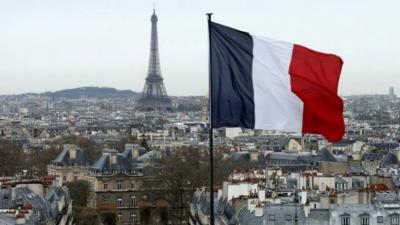Lebanese officials continue to waste more time and opportunities to pull the country out of its dire situation. There is no new government, no reforms, and no agreement on priorities and the needs of citizens. Instead, there are maneuvers, tug-of-war, and personal gain, and everyone knows that forming a new government will not happen before the presidential elections. While Lebanon is not abandoned internationally, particularly by France, it is likely that the anticipated settlement will not occur until there is an agreement on the region's map and the outcomes of the nuclear negotiations and Saudi-Iranian talks.
Meanwhile, Paris is playing the role of a mediator. It facilitated the nomination of Najib Mikati for the premiership and is in communication with all parties to encourage the formation of a government, while also calling for reforms, which are the main entry point to regain the international community's trust. This is being pursued tirelessly through the French presidential crisis management cell, specifically by the ambassador tasked with following up on international support for Lebanon, Pierre Duquesne.
After there was talk of Duquesne making a visit to Lebanon, confusion arose regarding his presence in Lebanon, attributed to the ambiguous response from the French Foreign Ministry spokesperson, who did not deny what was raised in one of the questions directed to her yesterday during the regular press conference held by the French Foreign Ministry. However, diplomatic sources confirmed to "Akhabar Al-Yawm" agency that Duquesne is currently in Paris. They emphasized that he always announces his visits publicly, and when the visit does happen, it will signify and affirm the critical situation in Lebanon and the serious repercussions that the continued deterioration without resolution entails, especially regarding the need to approve several reform laws.
The Parliament has a fundamental role in passing these laws, which the government submitted to the council, and Duquesne insists on their approval at the request and insistence of the international community and the International Monetary Fund, to provide assistance to Lebanon through a donors' conference that France will convene for this purpose.
According to information, Duquesne is expected to be in Lebanon soon, specifically in the second half of July, after the French national holiday. A visit is confirmed in his agenda; however, the date remains contingent on developments in Lebanon. It is noted that the visit is also related to the functioning of the French government, to some extent, even if no changes occurred during the recent cabinet reshuffle regarding the Foreign Ministry portfolio, which is still held by the former ambassador and former spokesperson for the Élysée (during Jacques Chirac's presidency), Catherine Colonna.




